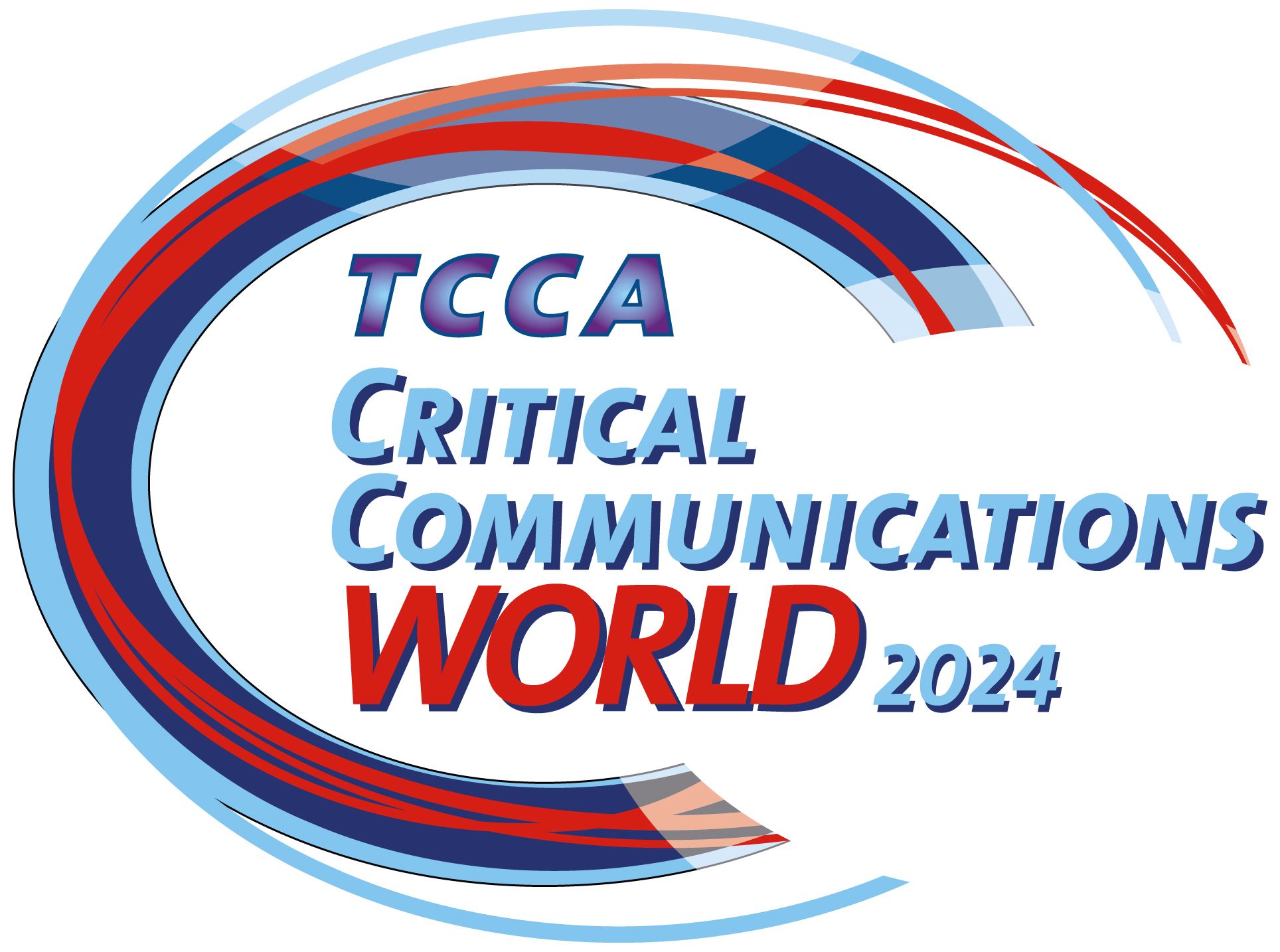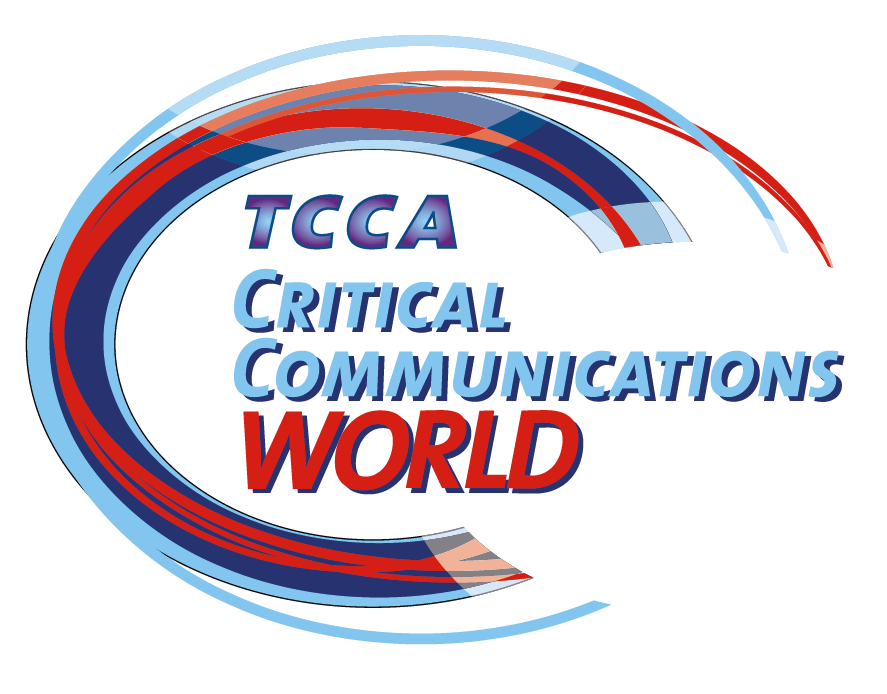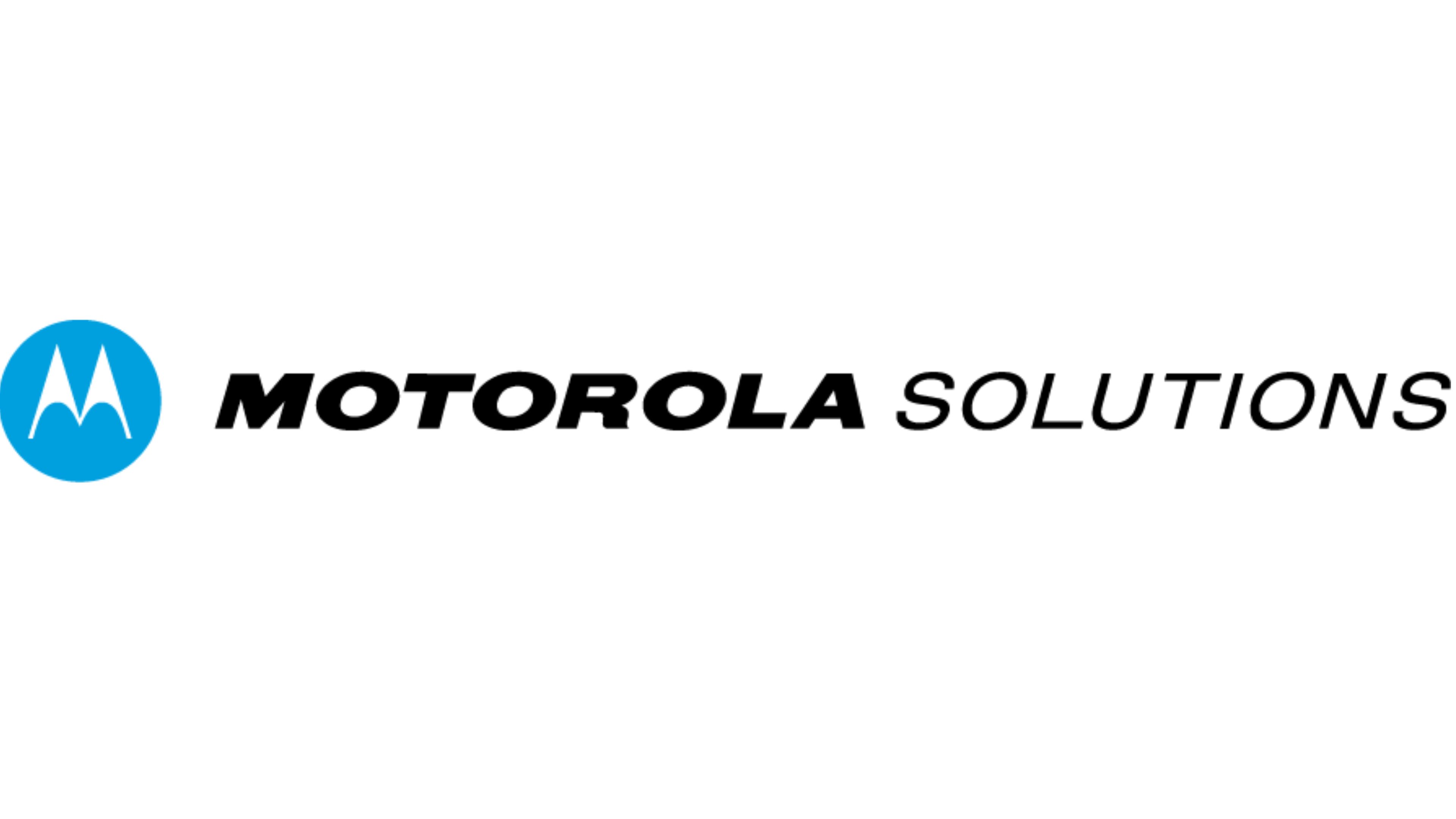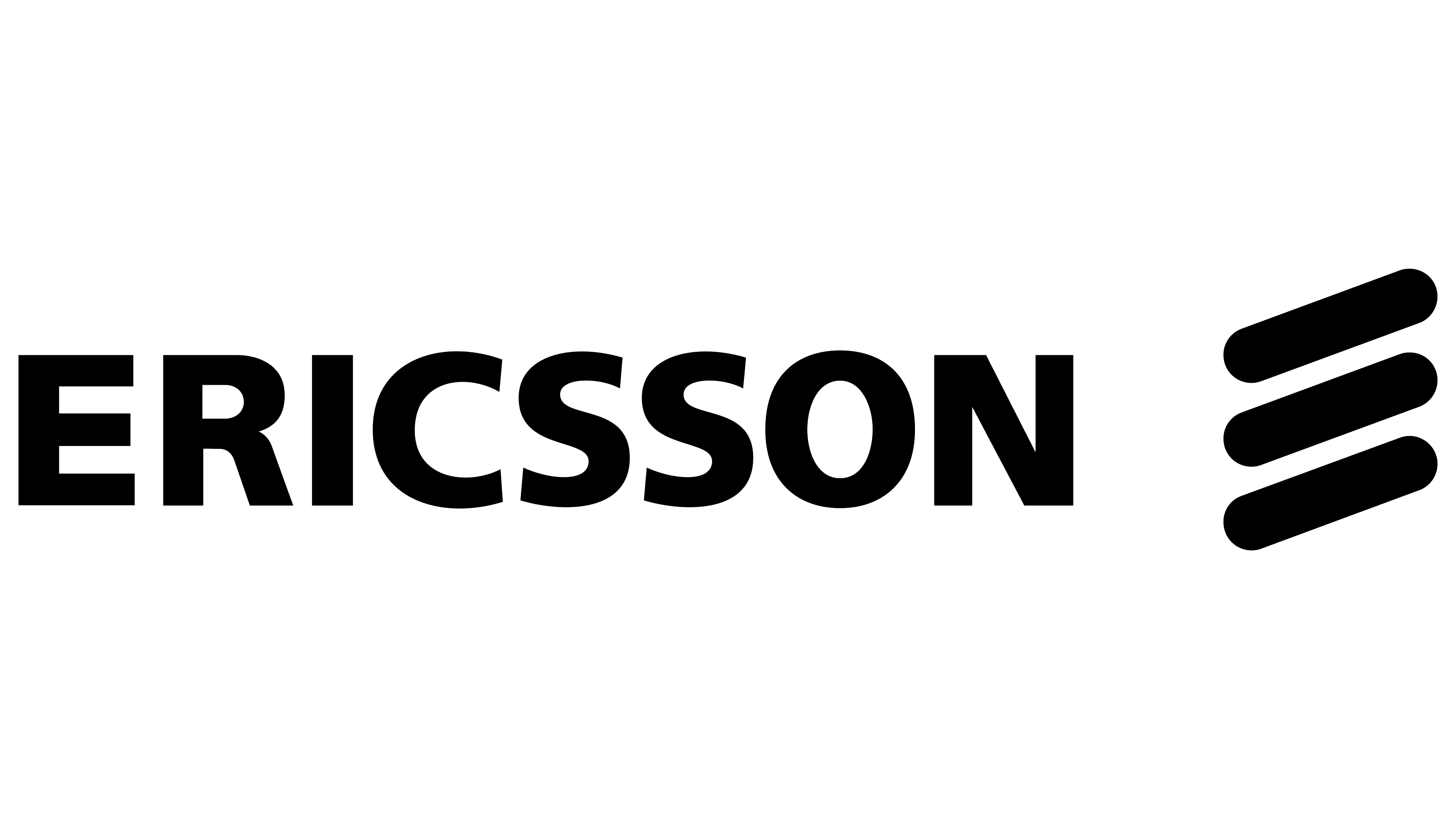Mladen Vratonjić, Chairman of the Board of TCCA, speaks with Teletimes International
)
Mladen Vratonjić is Chairman of the Board of TCCA. With 40 years of experience in telecommunications, and more than 15 years in public safety, Mladen has chaired TCCA since 2015. He is also vice president of EENA (European Emergency Number Association).
Mladen’s previous roles include Public Safety Specialist at Motorola Solutions; Head of Telecommunications Directorate of the Serbian MOI with responsibility for all telecommunication systems of the Serbian police and fire brigades including the emergency call centres, and leading expert of Geneva DCAF (Democratic Control of Armed Forces) in the field of telecommunications for public safety, serving as Chair of the Western Balkans Telecommunications Committee for the improvement of cross-border cooperation.
TT: Could you start by giving us an overview of TCCA and its mission in the context of critical communications?
Mladen Vratonjić: TCCA is a member-driven organisation formed of end users, governments, critical national infrastructure organisations, operators, industry and other stakeholders from around the world. TCCA aims to benefit professional end users of critical communications, some of whom regularly need to make immediate decisions that can save lives and prevent harm to society and the wider economy. First and foremost, TCCA promotes the use of standardised technologies to deliver mission-critical communication systems that are secure, available, resilient, interoperable and, ultimately, trusted. We provide the forum for the critical communications sector to discuss, debate, deliver and evolve the market for the benefit of all.
TCCA influences key decision makers on the need for and benefits of open and competitive markets, and lobbies for the spectrum required for critical communications to operate effectively.
TCCA influences key decision makers on the need for and benefits of open and competitive markets, and lobbies for the spectrum required for critical communications to operate effectively. We work closely with organisations responsible for the development of open standards relating to critical mobile communications, including ETSI and 3GPP, and with complementary organisations such as the Global Certification Forum (GCF), International Union of Railways (UIC) and the 450 MHz Alliance to progress key advancements related to critical communications.
TT: How has the landscape of critical communications evolved over the years, especially in terms of technology and global collaboration?
MV: For many years, narrowband technologies such as TETRA, DMR and P25 were the mainstay of critical communications products and services for critical users – in fact TCCA was originally conceived as the TETRA MoU Association in 1994, responsible for driving the development of the TETRA standard through ETSI. Technology has evolved with the advent of broadband networks and services, and so too has our association, working to leverage the potential of broadband technologies to enhance the work of first responders and other critical users. We established our Critical Communications Broadband Group (CCBG) more than ten years ago to influence and support the deployment of 3GPP mobile broadband critical communications, which in many cases will complement or replace narrowband networks.
In terms of collaboration, the vast majority of TETRA manufacturers and network operators are members of TCCA and work together in the spirit of cooperation to ensure the ongoing success of the standard. For critical broadband, our CCBG, Broadband Industry Group, Legal and Regulatory Working Group and others are emulating the success of that cooperation to ensure a strong and stable global market for critical broadband. TCCA is the Market Representation Partner in 3GPP for critical communications, bringing the user requirements for critical broadband to the 3GPP table to inform technology developments. Whereas narrowband networks were designed specifically for critical communications, broadband networks are designed principally for consumer use. Standards for critical communications have gone from dedicated standards to becoming part of global, mainstream standards. Our role here is to influence the evolution of the technological landscape to ensure that the fundamental requirements of critical users are included in 3GPP Release features and specifications.
It should be noted however that TETRA standard is still being enhanced and is seen as having a long-term future well into the 2030s and beyond, underpinned by our world-leading Interoperability (IOP) process led by our Technical Forum.
TT: The Government Authorities Global Village (GAGV) is highlighted as a key meeting place for the global operator community. Can you elaborate on the vision behind GAGV – how does the GAGV facilitate dialogue and partnership among different stakeholders in the critical communications ecosystem, and with 16 operators from around the world confirmed to attend to date, what outcomes do you anticipate from the global gathering?
MV: This follows on from the previous answer, where we are championing cooperation and collaboration to drive the critical communications market forward for the benefit of all. With governments around the world looking to ensure they have the best possible critical communications networks to support their first responders and protect their citizens, we wanted to provide a physical meeting place where they could meet and discuss opportunities, challenges, issues and progress. Nations are at different stages of development in their critical networks – some are remaining with their trusted narrowband networks and taking steps to enhance those; others are looking at hybrid networks while a number are working on purely broadband networks, often in partnership with existing mobile network operators.
With its own area within Critical Communications World, and dedicated presentation sessions in the conference program, the GAGV brings together government representatives from around the globe to share their thoughts and opinions.
In terms of outcomes, we hope the GAGV participants will gain mutual benefit from sharing relevant learnings and insights and will leverage TCCA’s organisation to continue the conversations. TCCA has developed across the critical communications broadband ecosystem to become the place where user organisations and industry can debate and clarify their common issues, and to be the honest place to obtain and share information.
TT: CCW plays a significant role in engaging stakeholders and showcasing innovation. How has CCW evolved to meet the changing needs of the critical communications community?
MV: The benefits of meeting face-to-face cannot be overstated, and Critical Communications World is the most important annual event to facilitate conversations and connections that shape the future of our sector.
The benefits of meeting face-to-face cannot be overstated, and Critical Communications World is the most important annual event to facilitate conversations and connections that shape the future of our sector.
Originally the TETRA World Congress, the event was traditionally held in Europe, reflecting at the time the main installed base of TETRA users. As the standard become widely adopted around the world, the first TETRA World Congress outside Europe was held in Hong Kong in 2008. With the early promise of critical broadband, the event became Critical Communications World (CCW) in 2013, held in Paris, France. The aim was to attract new visitors through its incorporation of mobile broadband technologies and their potential for mission critical communications when used in combination with TETRA. This first CCW was a huge success, and the event continues to go from strength to strength.
Like many conferences, CCW moved online during the pandemic, and gained a significant new audience who could not usually attend an event such as CCW in person. Following an understandably smaller in-person event in Madrid in 2021, the full CCW experience returned in Vienna in 2022, followed by our most successful event to date in Helsinki last year.
We are extremely proud of the quality of the CCW conference program, which brings together experts from around the world. Topics expand each year to ensure we are at the forefront of discussions around trending areas such as AI, digital twins and cybersecurity, as well as presenting the latest in products and solutions for both narrowband and critical broadband users.
We constantly look for opportunities to create an even better event – whether through the introduction of the GAGV, our in-depth Focus Forums, lively panel debates, and new for this year the Rising Stars panel – chaired by the 2023 winner of TCCA’s Young Engineer of the Year Aaron Page. This brings together people in the industry under 30 years of age to highlight the importance of future talent, their upcoming contribution to critical communications, observations of the emerging challenges most pertinent to them and how to drive, improve upon and develop the industry whilst preparing and supporting future talent.
TT: Can you discuss some of the key innovations or technologies that will be highlighted at this year’s CCW?
MV: We have more than 110 confirmed exhibitors to date, so it is impossible to highlight specific innovations or technologies. Critical communications for vertical sectors will be of interest to many – for airports, for power utilities, for transportation, for healthcare, for smart and connected digital cities, and for increased efficiency in public safety. We’ll be seeing how 4G and 5G networks are shaping mission critical communications, looking ahead to 6G, learning about the latest in early warning systems, and progress in deploying MCX services – mission-critical push-to-talk, mission-critical data and mission-critical video.
There will be updates on standardisation and spectrum issues, the growing importance of non-terrestrial networks for critical communications, and our Focus Forums will be providing in-depth information on TETRA security, data, apps and interworking with critical broadband; legal and regulatory considerations, testing and certification programs and critical broadband roadmaps. As we said, standards drive innovation and competition and that is why it is encouraging that an increasing number of companies are entering the production of devices according to 3GPP standards. I expect to see a range of new solutions for use in both broadband and hybrid environments. The best way to find out what the highlights might be is to join us at the show!
TT: Dubai is known for its technological advancements and smart city initiatives. How does the city’s infrastructure and tech ecosystem complement the goals of CCW – why was Dubai chosen as the location for this year’s CCW?
MV: Dubai is variously referred to as the city of the future, the city of innovation, and is known around the world for its technological achievements and advancements. The implementation of the ITU Smart City initiative makes Dubai a unique city with implications in all aspects of society from city administration to economy, from transport to education or culture. As a part of this initiative, Dubai Police opened the world’s first AI powered Smart Police Station (SPS), an unmanned police station providing round-the-clock services where the public can report crime virtually, track criminal investigations, pay traffic tickets, report lost items or suspicious behaviour, and get information on a variety of community services. Bearing in mind that the Middle East region is one of the pioneers in the introduction of the most modern communication systems, it is difficult to find a better place to organize an exhibition and conference that will be a showcase of the latest technologies and trends in critical communications.
Dubai has hosted TCCA events before – we have presented our Critical Communications Middle East and North Africa in the city a few times, so we are very familiar with the advantages of Dubai.
One of the key considerations in choosing a venue for Critical Communications World is gaining support from a critical communications host operator, and in Nedaa we have a most proactive and encouraging partner. Nedaa is a unique pioneer in the communications market and is the exclusive secure network provider for the Government of Dubai.
Nedaa’s vision is ‘Leading in providing secure communications for sustainable connectivity’ – with a mission to provide smart communications to enhance security and safety. TCCA’s vision is to advance global critical communications for a safer, more connected world, with a mission to empower critical communication users with secure, trusted, and standardised technologies. We are working well together!
TT: Looking beyond CCW, what are the next big challenges you see for the critical communications sector?
MV: The introduction of critical broadband technology has many challenges. It requires careful consideration, including aspects such as coverage, security, resilience, capacity, performance, interoperability, and integration into user operations. In general, each end user organisation will, at their own pace, go through an evolution process, this technology shift providing the opportunity for new operational models to become institutionalised over time.
To create an open and healthy worldwide market, TCCA is working with partners such as ETSI and the Global Certification Forum (GCF) to develop and implement a global MCX interoperability testing and certification regime to ensure critical broadband delivers a trusted service, as well as working with an increasingly wide range of industry partners to advance critical communications worldwide. Our aim is to enable a smooth navigation of the challenges around the introduction of critical broadband, while continuing to work on those ongoing areas of concern such as network security, and the ethical deployment of AI. Our work on lobbying for critical broadband spectrum also continues – there was some good progress from the World Radio Communications Conference last year, but still much to be done.






)
)
)
)
)
)
)
)
)
)
)
)
)
)
)
)
)
)
)
)
)
)
)
)
)
)
)
)
)
)
)
)
)